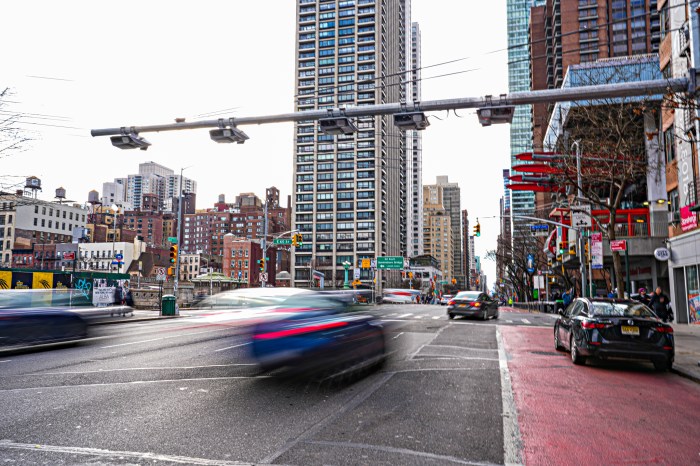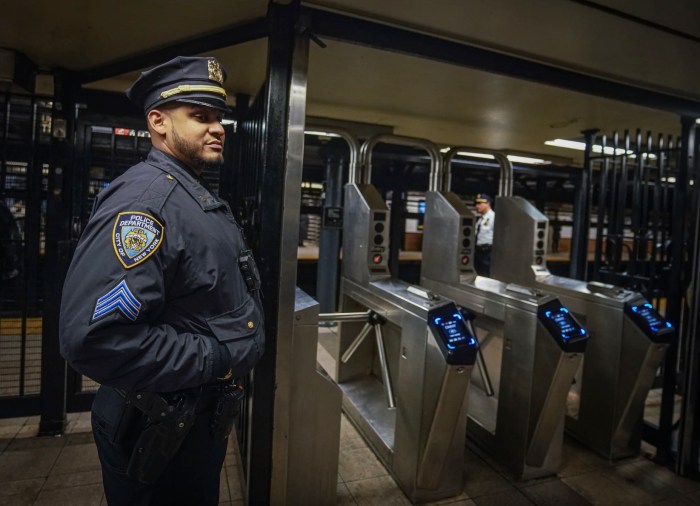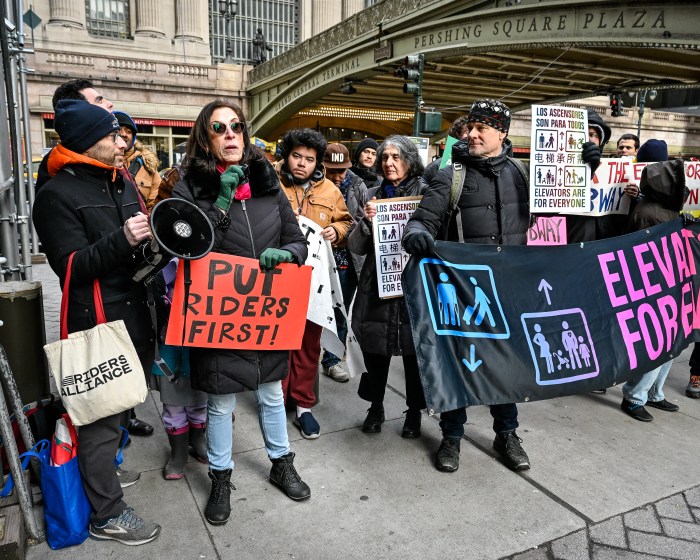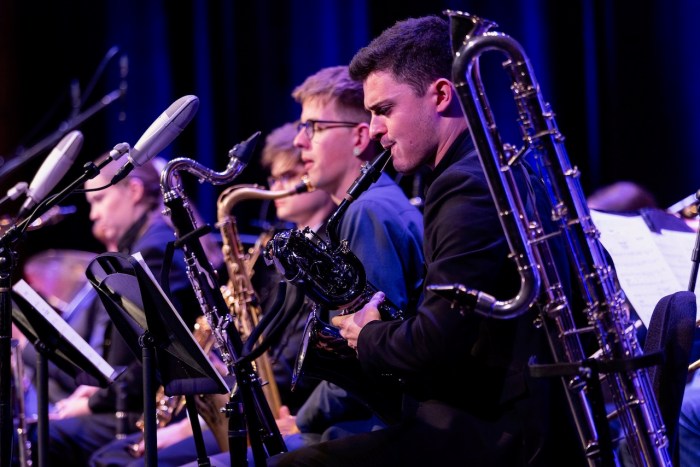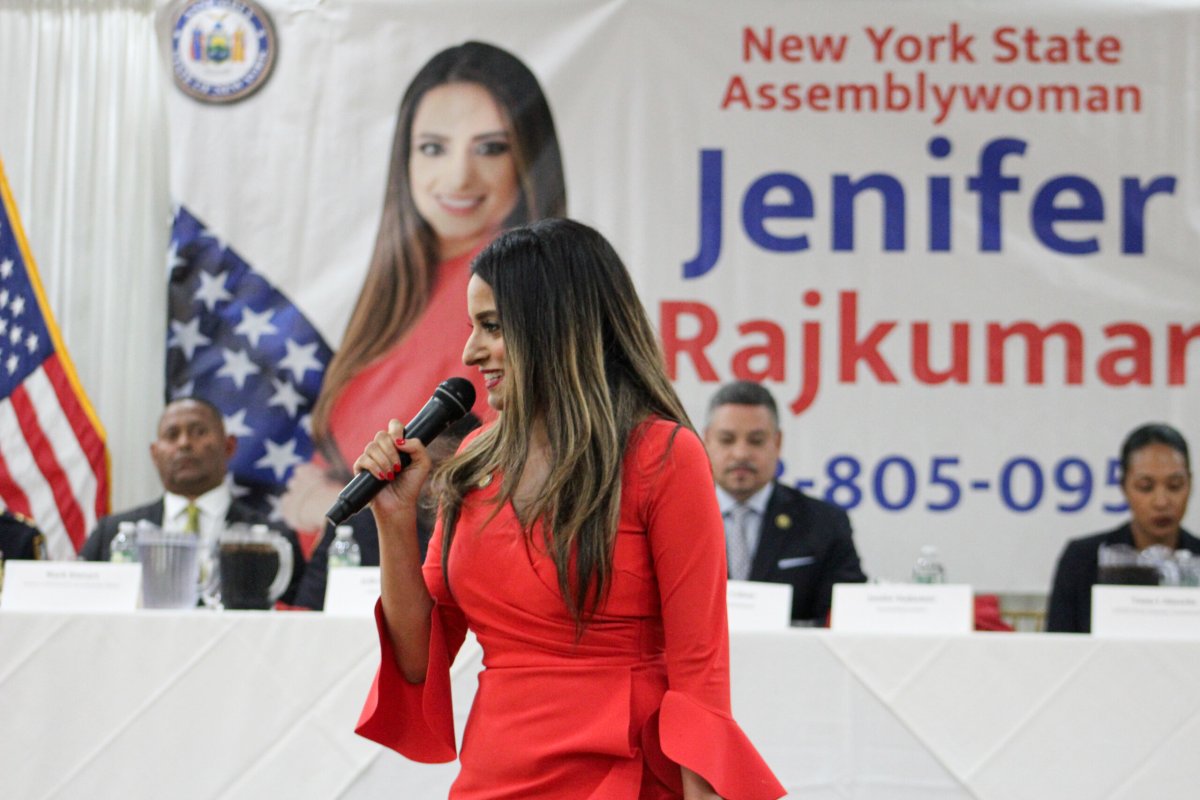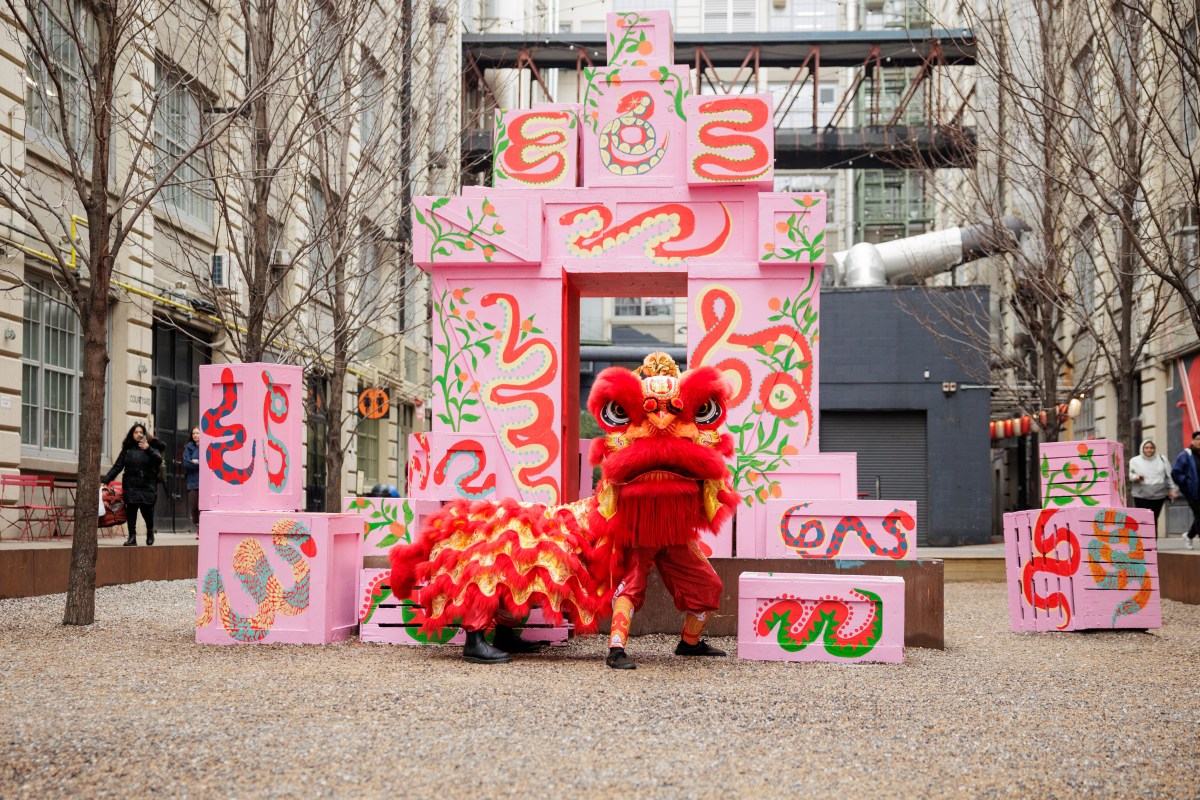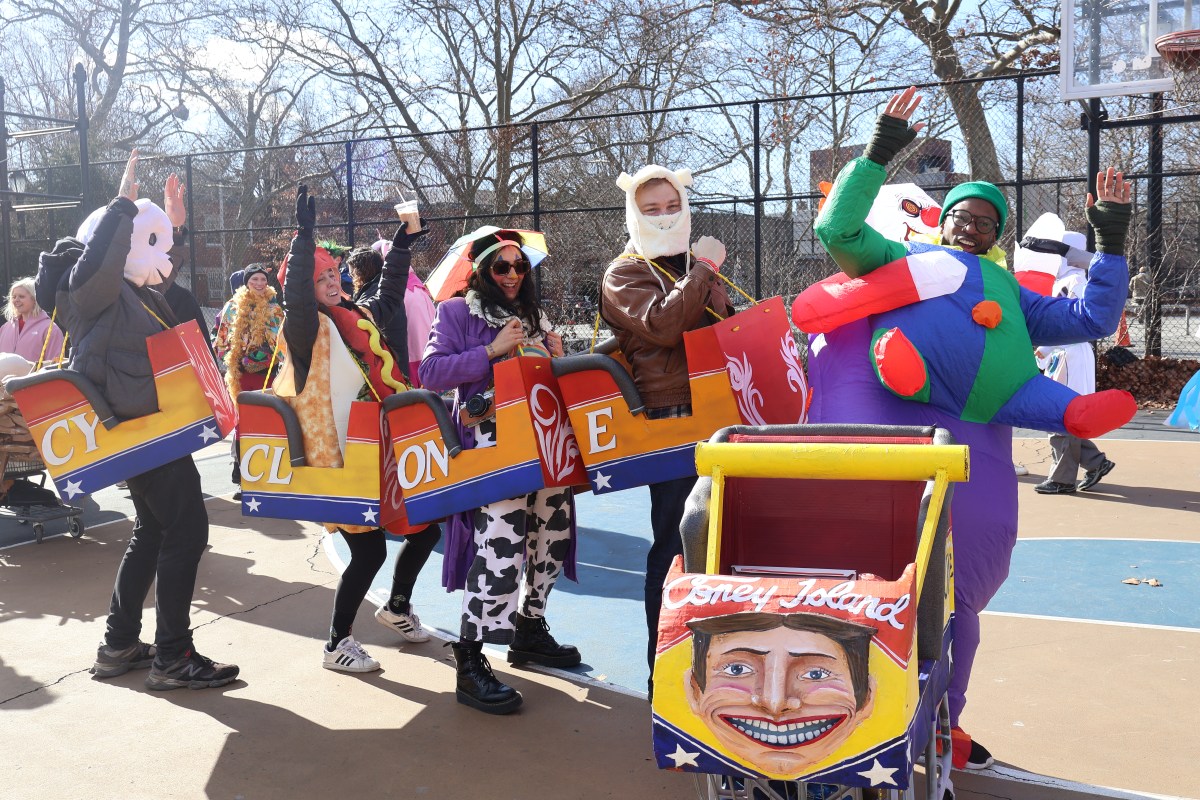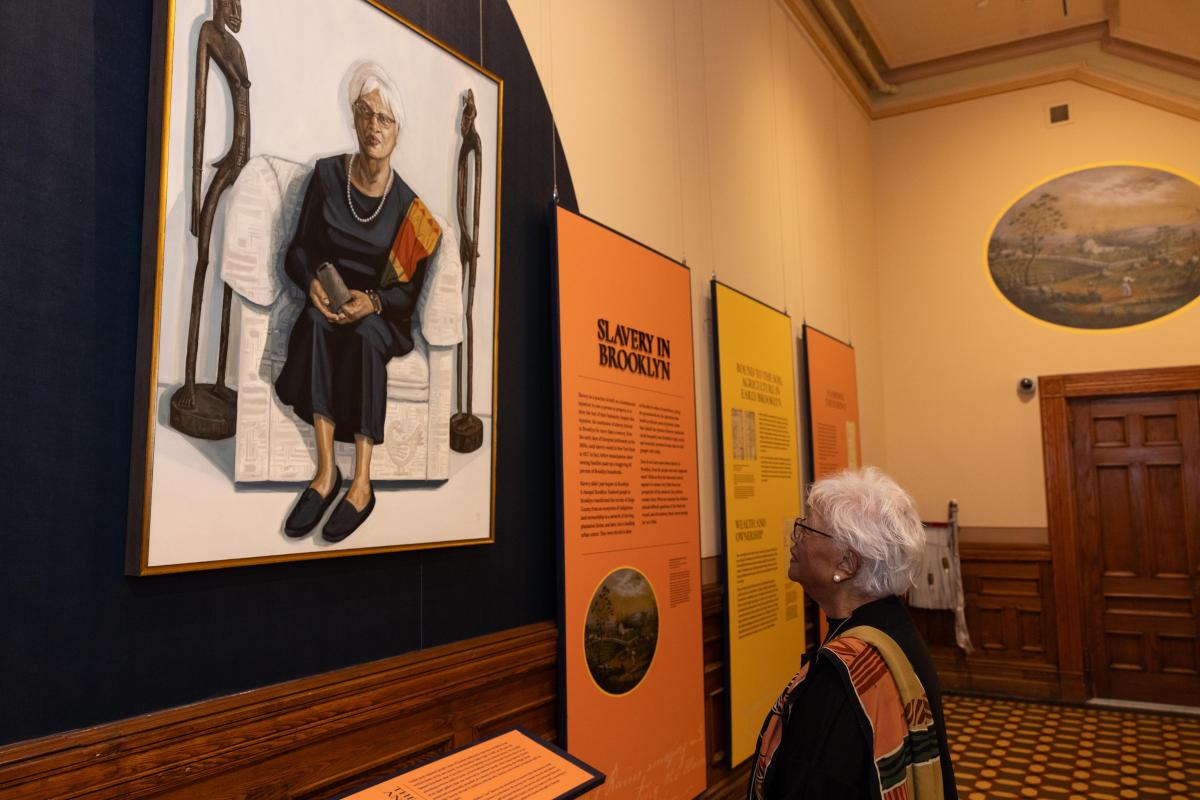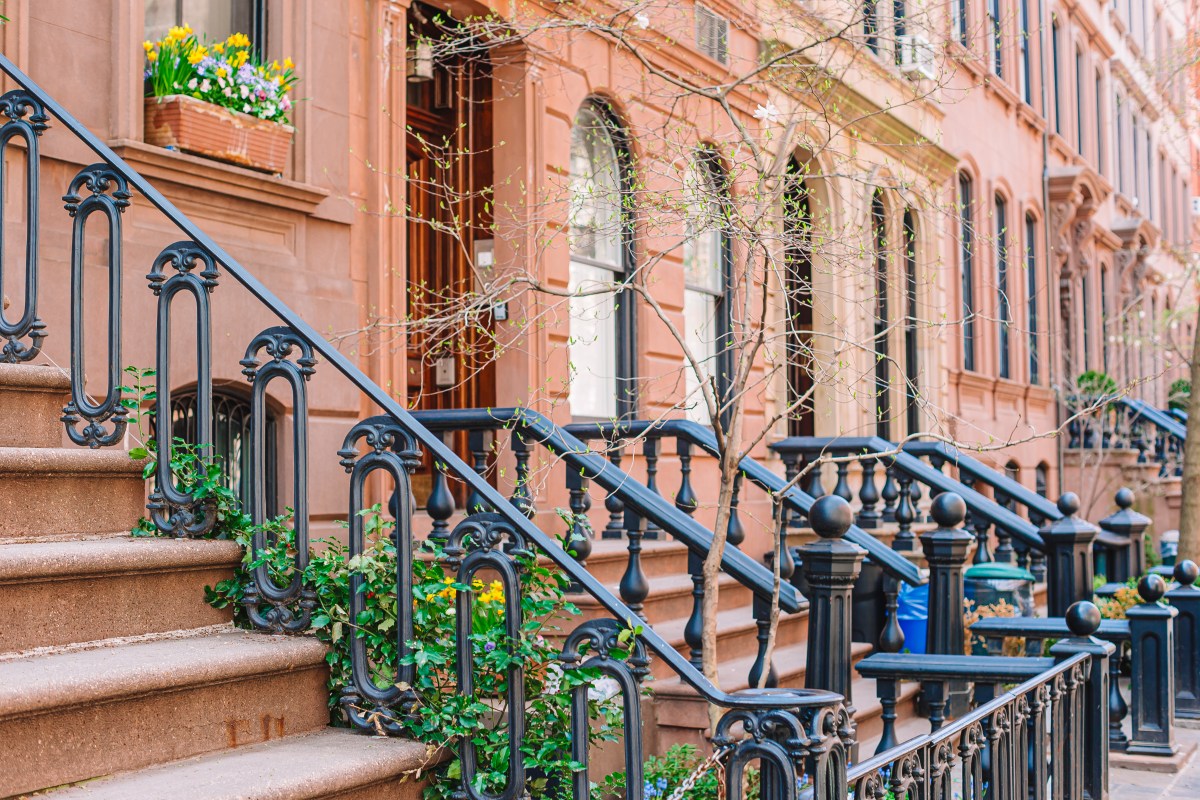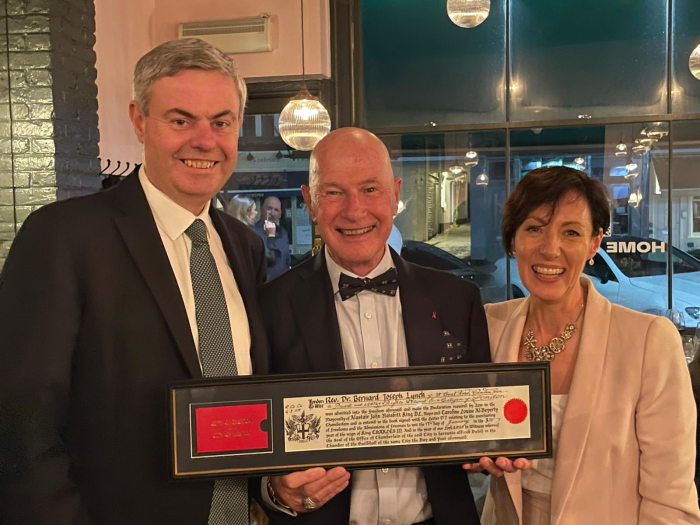
The riding public chewed out the MTA Tuesday evening at the authority’s first fare and toll hike hearings.
The MTA’s board is considering two proposals to help close a large budget gap: The first option would keep the $2.75 subway and bus fare but eliminate the cash bonus on MetroCards, while a second would raise base fares to $3 with a larger, 10 percent cash bonus.
Nearly 100 people attended the hearing held at a Baruch College theater in Manhattan. Speakers register to testify as MTA board members and executives sat silently on a dais, as per tradition. Riders urged the authority to avoid putting another hike on the backs of the riders.
“We have had these consistent hikes again and again, and what’s been improved is miniscule,” said Betty Watkins, a municipal worker from Flatbush. “It makes no sense to put the burden on working-class New Yorkers when the system essentially doesn’t work for them.”
Gov. Andrew Cuomo — who effectively controls the state authority — Mayor Bill de Blasio and others oppose the hikes entirely. The increases would represent the sixth hike since 2009, and the financially strapped MTA has stressed that the increases are necessary to help stabilize its budget.
Rebecca Bailin, of the Riders Alliance, said the MTA should look to Cuomo and state lawmakers to close its budget gaps through new revenue streams, such as from from taxes and a congestion pricing program.
“We’re calling on Cuomo and state lawmakers to stop what we’re calling an ‘unfair hike,’ and instead make sure to fairly fund the system,” Bailin said.
Some groups, like the New York City Transit Riders Council, accepted the hikes as long as they would mean avoiding potentially devastating cuts to service that the authority warned could come without new revenue sources.
“We recognize this fare increase is necessary to keep our system functioning, and the TRC supports it, as it has in the past, as long as there are no cuts to service,” Trudy Mason, a member of the council said in her testimony.
Others rallied beforehand to call off hikes until the MTA improves its subway accessibility for people with wheelchairs.
The increases come amid declining bus and subway service as well as a financial crisis. The MTA is facing a projected $1 billion budget deficit by 2022.
Many in the audience Tuesday felt hopeless against what they described as mismanagement at the agency and a “rubber-stamp” process of approving another round of fare increases. Acting MTA Chairman Fernando Ferrer insisted that the executives and board members listened to the comments. The mechanisms for the last round of fare hikes were divined from public input, he noted.
“[This] has a lot of impact. There are two proposals on the table, but those aren’t the only two proposals,” Ferrer said before the hearing. “We want to hear from the riding public because those affect their everyday lives.”



